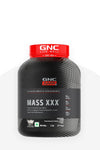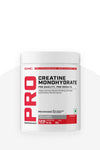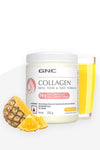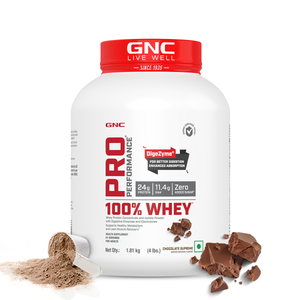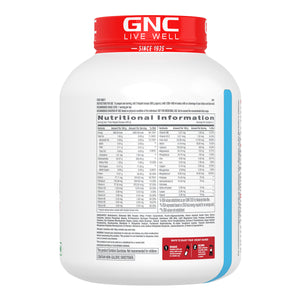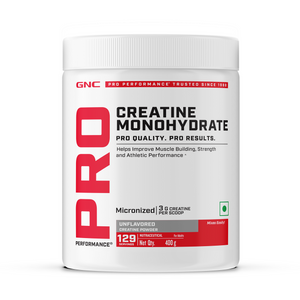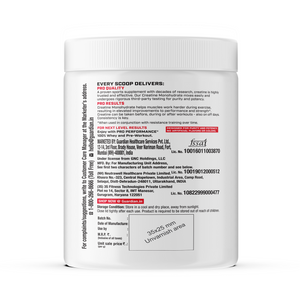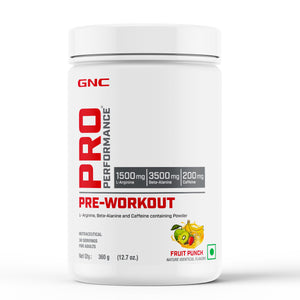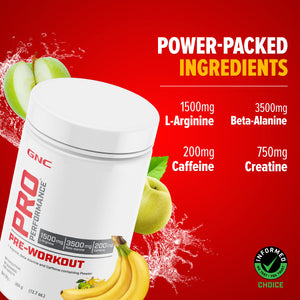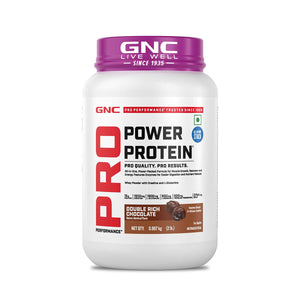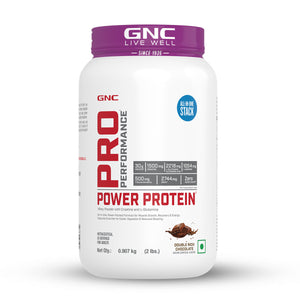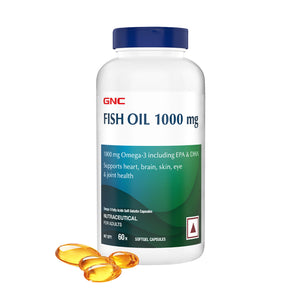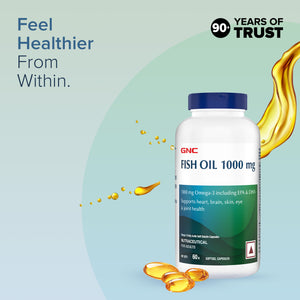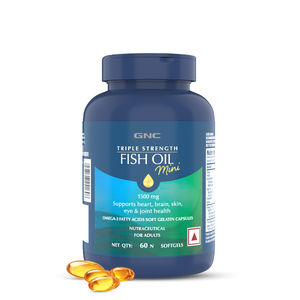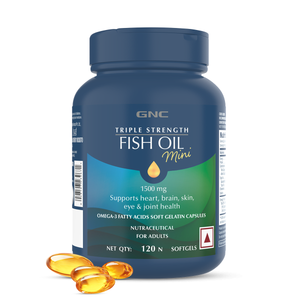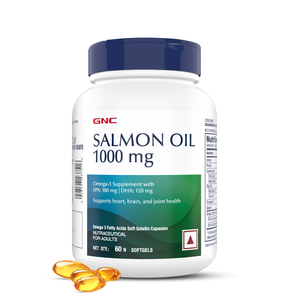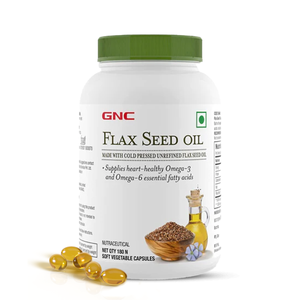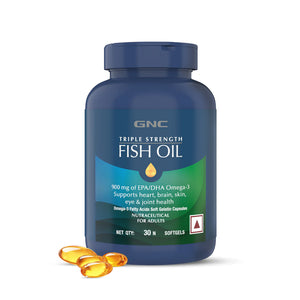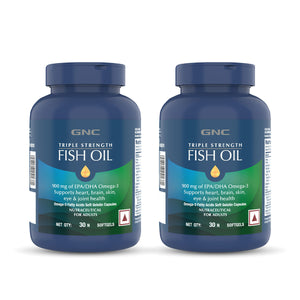
Did you know that our heart beats about 1,15,000 times a day?
It doesn’t stop even when we are asleep. It is time we learned to take good care of our heart and to keep it in the best of health.
We all talk about our weight management or fat loss. But, is that enough to make us feel young?? Healthy? And fit?? Are we neglecting our heart, which is one of our most important organs?
A busy urban lifestyle and career-related stress seem to be taking toll on young India.
Though heart problems are not scientifically associated with youngsters, the affliction of the old is now gradually targeting younger people. While we may not have control over stress, we can make an effort to lead an active lifestyle and eat healthily. We owe it to our heart, which works tirelessly to keep us alive.
Let’s pledge during the World Heart Day to take care of our heart, today and every day!
A few lifestyle changes will go a long way in keeping your heart healthy:
- Involve yourself in a simple to moderate physical activity regularly
- Eat fresh, home-cooked food rather than eating out
- Include 2-3 servings of fresh fruits and vegetables in your daily diet
- Add whole grains in your meals
- Add Omega-3 fatty acids to your diet twice a week through fatty fishes, flaxseeds, soybeans & walnuts
- Drink at least 2- 3 liters of water in a day
- Stay away from unhealthy fats which are aplenty in fried food
- Reduce the sodium content (salt) from your diet
- Get at least 6 to 8 hours of sleep every day
Fat is an important part of our meal which improves palatability and satiety value of our food. It is one of the important nutrients which helps us absorb fat-soluble vitamins in our body. In babies, fat plays a major energy source for the overall brain and body development.
There are primarily two types of fats in the diet, visible and invisible. Visible fats derived from animal sources are solid, like ghee and butter, while those obtained from vegetable sources, like groundnut, mustard, sunflower, til and safflower oils are liquid fats. Invisible fat is present as an integral part of the food. It is present in cereals, pulses, milk, oilseeds, eggs, meat, vegetables, and tubers.

Nishrin Parekh
While consuming the visible fat, quality of fats matters. It is generally specified by the relative content of Saturated Fatty Acids (SFA) obtained from animal sources; Monounsaturated Fatty Acids (MUFA) and Polyunsaturated Fatty Acids (PUFA) obtained from plant sources. The proportion of essential fatty acids like Linoleic Acid (LA) and A-Linolenic Acid (ALA) as well as Long-Chain Polyunsaturated Fatty Acids (LCPUFA), n-3 Fatty Acids (n-3 LCPUFA) like Eicosapentaenoic Acid (EPA) and Docosahexaenoic Acid (DHA) are also important.
EPA and DHA are truly essential as our body cannot synthesize them. Therefore, they have to be obtained through the diet.
National Institute of Nutrition recommendation on the blending of oil helps us achieve the calories required from other sources of fats. But, it is important to derive the Omega-3 fatty acids from food sources.
The heart which gets regular workouts and proper nutrition is a healthy heart. Omega-3 fatty acids are the good fats which we need to include in our diet. We also need to understand them better.
The best natural sources of Omega-3 fatty acids include fatty fishes like sardines, mackerel, tuna etc. followed by a few vegetarian sources like flaxseeds, microalgae, soybean, walnuts etc. But it is not possible to meet your daily requirement through these natural sources.
Omega-3 present in fish is the most bioavailable. It helps to reduce inflammation, which can damage our blood vessels and lead to heart disease and strokes, from our body. It also prevents irregular heartbeats and protects the heart!
- Fish oil is necessary for cardiovascular health.
- It has clinically shown to regularise blood pressure and maintain healthy triglyceride levels.
- It helps maintain healthy cognitive and nervous system health.
- Omega-3 found in fish oil is also good for our eyes.
EPA and DHA, the two active ingredients of omega-3 fatty acids, are responsible for a healthy heart and have other key benefits. The first published study highlighting the benefits of these two dates back to 1971. Since then, thousands of studies have emerged, supporting the safety and efficacy of fish oil.
A landmark study involving 11,000 patients showed that essential nutrients – such as omega-3 fatty acids found in fish oil – play a critical role in supporting heart health.
A new ground-breaking study of 1,575 adults links omega-3 fatty acids to a healthy brain function and aging. EPA and DHA are also important for proper brain development in children. Studies have shown Omega-3 to improve attention and the ability to complete tasks.
Based on the studies, the Indian Council of Medical Research (ICMR) recommends optimal intake of 500-1000 mg of EPA and DHA to reduce any heart-related diseases.
Our average daily consumption of EPA and DHA is 0.1 to 0.2 grams, which is about 5 times lower than what health organizations recommend. Increasing daily intake of Omega-3 fatty acids can be accomplished through both diet and supplementation.
But, the presence of contaminants or heavy metals like mercury in the sea makes it is risky to consume fatty fishes every day. Which, in turn, impacts the bioavailability of omega-3 fatty acids?

Is Your Heart as Young as You?
It is best to go for dietary supplements with the right balance of EPA and DHA to gain the maximum benefits from them. They are processed and manufactured in a way that removes all harmful metals found sometimes in deep sea water fishes, due to increasing contamination levels. They are also enteric-coated which helps in controlling fishy burps.
Choose supplements that use high-quality natural ingredients. The bioavailability of the supplement depends on the types of fatty acid, multiple sources improves the absorption rate, bioavailability and also leads to an improvement in the Omega-3 index.
1. Always check the nutrition label of the product for serving size.
2. Check the total calories and total fat content of the product per serving.
3. Look for the proportion of saturated fatty acids and unsaturated fatty acids. Compare it with your daily requirement.
4. Trans fatty acids are one of the leading causes of heart problems. Check the labels to find out its percentage in the overall fat content. Try to limit products containing a high amount of trans fatty acids. The intake of trans fatty acids should be kept to a minimum and should not exceed 1% of the daily energy intake.
Educate yourself and always consult your doctor. It is best to stick to the ones prescribed by your nutrition expert. Use supplements the right way for a healthy body and a happy heart.
It is time to be proactive, rather than reactive!



